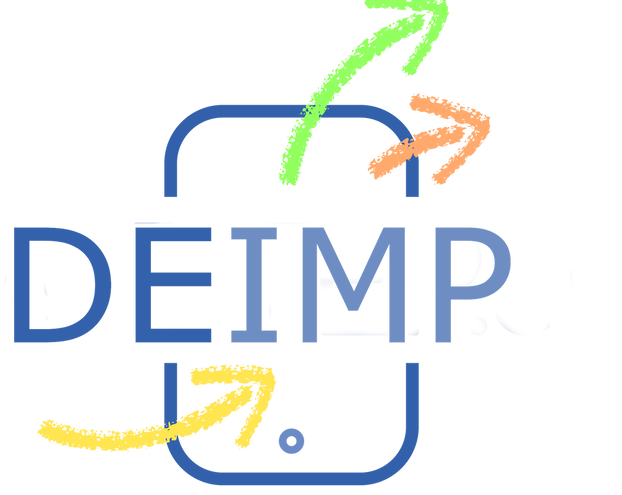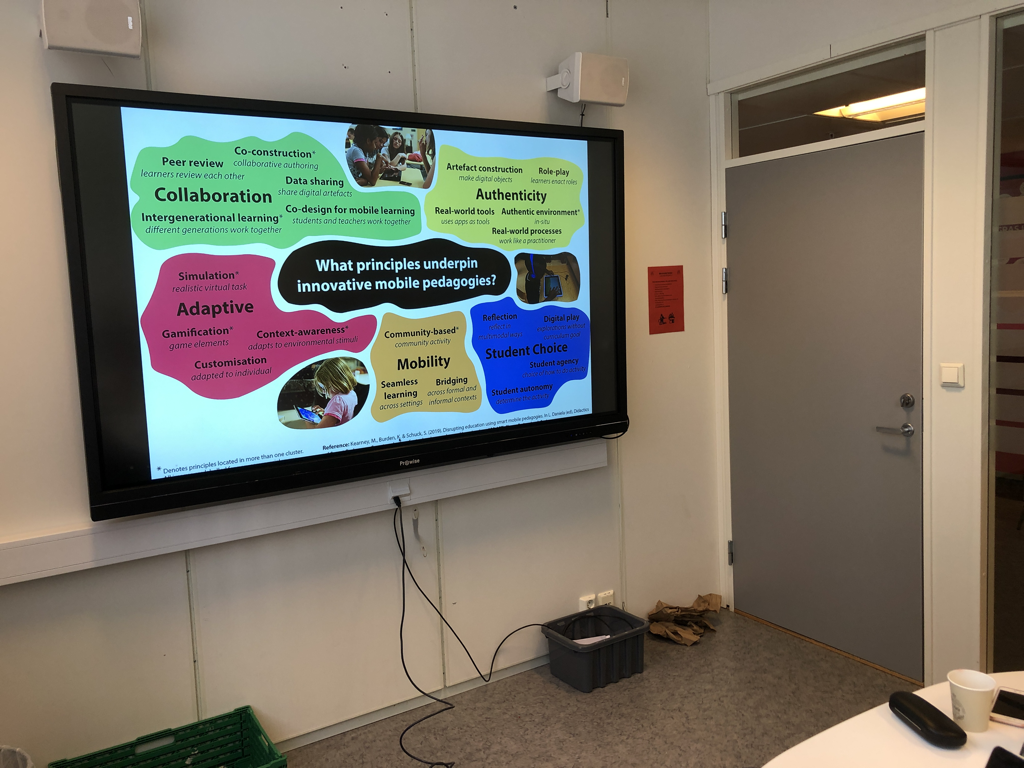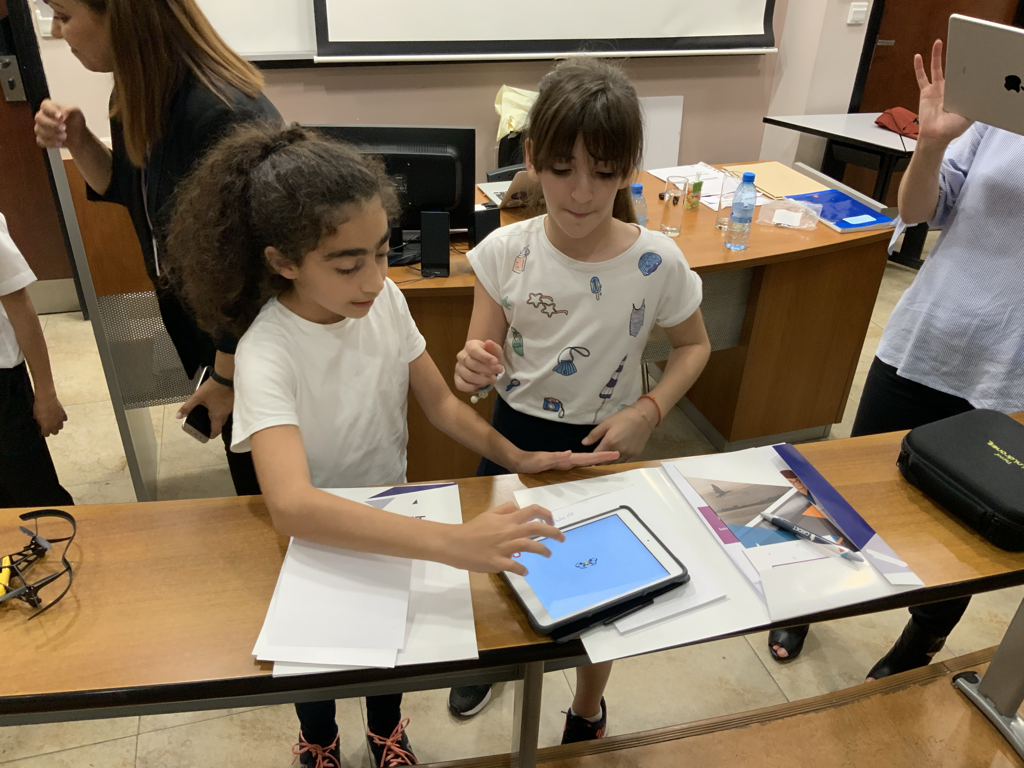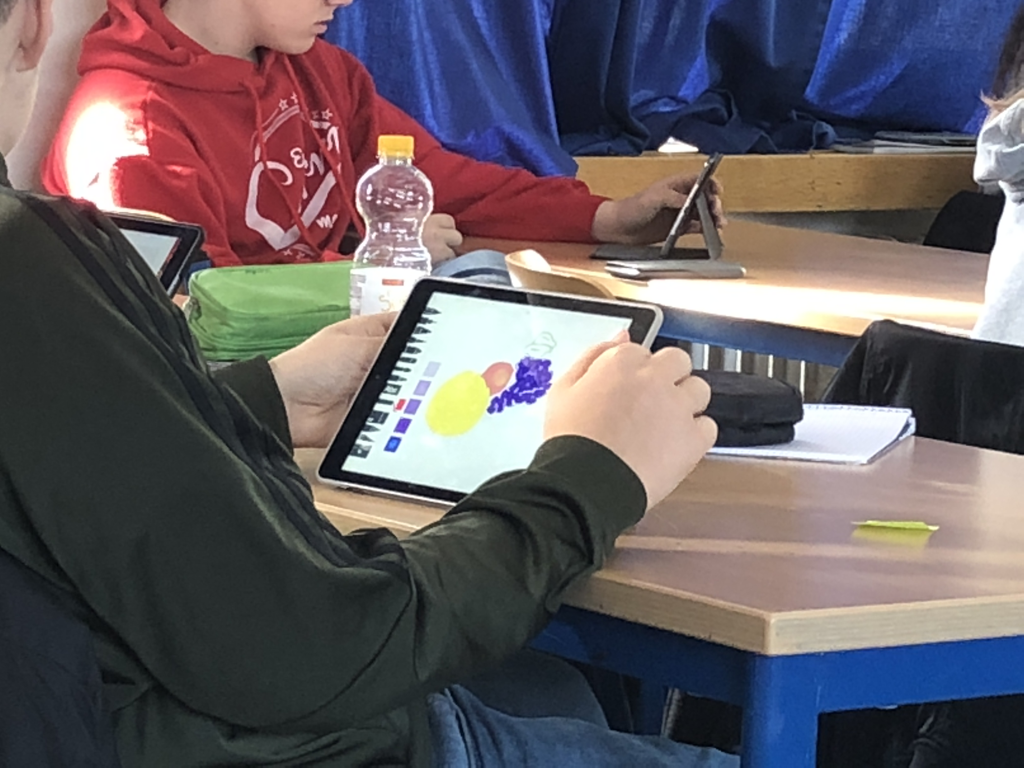Workshop Leaders and Programme Commitee
CLICK HERE FOR DETAILS OF THE WORKSHOP PROGRAMME AND EVENTThis workshop has been organised by project partners in the Designing and Evaluating Innovative Mobile Pedagogies project, an Erasmus+ international development project funded through the EU. The workshop leaders are:
|
|
Workshop Overview and Purpose
|
There is much discussion about the potential of mobile technologies to transform teaching and learning (cf, Joan, 2013; Kee & Samsudin, 2014; authors, 2017), however, the reality is that pedagogies and learning have not changed much even whilst mobile technologies have become ubiquitous in daily life. Incorporating mobiles into educational settings in effective ways is difficult, and expectations for innovative change rarely take into account the complexity of learning, the preferences of students and the interest and motivations of teachers (Burden, Kearney, Schuck, 2019; Jordan, 2011). This workshop explores this nexus between feasibility and innovation for mobile technology-enhanced learning in education.
For this workshop, we focus on new pedagogies that will contribute to effective learning for learners. This approach is comparable to previous measures and dimensions of innovation designed by Law, Chow and Yuen (2005) who identified six dimensions of innovation and three descriptors to measure these. Drawing on our recent research (authors, 2019, authors, in-press) that used these dimensions, we note that current examples of innovative pedagogies lie on a continuum from ones that modify existing pedagogies, sometimes called sustaining (or incremental) innovations (Christensen, Horn & Johnson, 2008; Cranmer & Lewin, 2017; authors, 2018) to ones that create radical new practices, unlike those used previously. The latter are likely to be disruptive in nature, causing a change in paradigms, behaviours, and goals (authors, 2018), hence the term disruptive (or radical) innovations (Christensen, et al., 2008; Cranmer & Lewin, 2017). This workshop explores examples from both ends of this ‘innovation spectrum’ and sets out to help participants understand what lessons can be learned from the existing research on innovative mobile pedagogies. In particular, we will introduce 21 innovative mobile learning principles, clustered into 5 groups (see image above), emerging from our recent research (authors 2019). Through use of the aforementioned professional learning app, workshop participants will then be guided in designing an innovative m-learning task that is informed by these principles and suitable for their own context.
|
The workshop firstly considers the workshop leaders’ own research findings on what actually is occurring in teaching and learning of school-aged students, and then presents participants with a new, research-inspired, professional learning app to guide them through this complex landscape for their own innovative m-learning task designs. Our definition of innovative mobile pedagogies is of new pedagogies that are expressly designed to take advantage of mobile device characteristics to enable effective learning to occur in ways and contexts that could not occur without mobile devices. Innovative practices are ones that are different from accepted and conventional practices, and include the effective use of new technologies (in this case mobile technologies) to promote 21st century skills of creativity, communication, collaboration and critical thinking (authors, 2010; authors, 2018; P21, 2007). Innovation suggests “new ideas or practices that are impactful and valuable to individuals or communities” (authors, 2018, p6).
|
Objectives of the workshop
The workshop will enable participants to better understand, design and evaluate innovative mobile pedagogies and also prepare for the submission of an academic article in a special edition of an international, peer reviewed journal in the field of technology enhanced learning that will focus on Innovation in Mobile Learning (due late 2020) which the workshop leaders are co-editing. The special edition will focus on innovation in mobile learning and will include contributions from all sectors of formal and non formal education. The specific goals of the workshop include:
- Develop a deeper understanding and awareness of how to design innovative mobile learning activities (primary, secondary and tertiary contexts, including teacher education)
- Develop skills and criteria to evaluate mobile and TEL activities
- Improve own digital pedagogical skills and understandings beyond current practices
- Understand the requirements for, and be better prepared to submit an academic article to an upcoming special edition on innovation and m-learning
- Join and participate in a vibrant global, online TEL community: the DEIMP community
Workshop Activities and Sessions (this is a half-day workshop)
Content of session |
Activities |
1. What does innovation and transformation look like and mean for mobile learning? |
Flipped learning Ice breaker activity with participants and presenters sharing recent examples from own practice |
2. Brief overview of the research literature on innovation and transformation in m-learning |
Participants rank a selection of m-learning video vignettes using an innovation rubric developed by the workshop leaders |
3. What principles underpin the design of innovative m-learning tasks? |
In groups participants will explore and work with the 21 innovative design principles developed through the DEIMP project |
4. Introduction to and use of a new professional learning app developed as part of the DEIMP project |
Participants download new app before workshop and use it to explore and create their own m-learning scenario during workshopValue |
5. Evaluating innovative m-learning tasks: what tools can we use |
Participants will have the opportunity to use and apply two different tools/instruments developed by the workshop leaders to evaluate the extent to which a variety of m-learning scenarios are innovative |
6. Feedback and discussion about the new app |
Evaluation and discussion activity to collect feedback on app for next iteration |
7. Preparing for publication in the field of innovation and m-learning |
Participants will undertake a short writing exercise to help them develop an abstract/idea for submission to a special edition of an international, peer reviewed journal in the field of technology enhanced learning that will be co-edited by the workshop leaders after the workshop |
8. Moving forwards after the workshop (Optional) |
Participants will have the opportunity to join an online network of schools and universities participating in an online MOOC to design and evaluate mobile learning scenarios in their institutions. (October-December, 2019). Upcoming face to face events will also be publicised |
Outcomes for Participants
- Design and create an innovative mobile learning scenario/activity to be hosted in the DEIMP project website (subject to permissions)
- Prepare an abstract and receive feedback for a potential journal article to a proposed special issue of an international, peer reviewed journal in the field of technology enhanced learning that will focus on Innovation in Mobile Learning.
- Join the global online DEIMP community of scholars and practitioners e.g., sharing of innovative m-learning task designs (see https://imolente.weebly.com/ ).
- Participation in ongoing DEIMP project activities, including further use of the app and a MOOC in Autumn 2019, and participation in selected upcoming multiplier events (e.g., meetings scheduled in England, Belgium, the Netherlands and Ireland.)
Who should attend?
This workshop is designed to support a wide range of different educators interested in mobile and technology enhanced learning. This includes:
- Teachers, lecturers and other practitioners in all phases of education, interested in exploring how they can design more innovative and engaging mobile learning activities for their students
- Researchers and academics interested in publishing academic articles in and around the topic of innovative mobile learning
- Decision-makers (e.g. school principals), policy-makers and other leaders interested in understanding more about the wider infrastructural issues required to support innovation in mobile learning
Timeline
Date |
Deadline |
3rd June, 2019 |
Call for workshop participants open (this includes expressions of interest in submitting an article to the international, peer reviewed journal in the field of technology enhanced learning that will focus on Innovation in Mobile Learning.) |
30th June, 2019 |
Submission deadline for participants wishing to submit an Expression of Interest to publish in the special edition. (Please note: It is not compulsory for workshop participants to submit an Expression of Interest for the special edition) |
20th July, 2019 |
Notification of acceptance for participants wishing to attend the workshop and/or submit an article to the special edition |
31st July, 2019 |
Early bird registration for conference ends |
1st August - 30th August, 2019 |
Preparatory reading exercise for workshop |
xxxxxx |
Deadline for conference registrations |
16th or 17th Sept, 2019 |
Workshop |
Submitting an expression of interest for the special edition
The workshop leaders are co-editing a special edition of an international, peer reviewed journal in the field of technology enhanced learning that will focus on Innovation in Mobile Learning. This is scheduled to be published in late 2020 and there will be an open call for the edition towards the end of 2019. This workshop will help to prepare and guide potential contributors for the special edition and will include an activity in which interested participants will have an opportunity to discuss their initial ideas with the editors who will help them to write an abstract for submission. All submissions will be double blind reviewed and whilst attendance at the workshop and submission of an expression of interest (see below) will not guarantee acceptance of an article in the final edition, it is anticipated the workshop will provide attendees with invaluable support and insights to better prepare their submission.
Submitting an expression of interest:
If you are interested in submitting an article to the special edition which will be published in 2020 please complete this short expression of interest form. If your submission is accepted it is expected you will attend the workshop where you will have the opportunity to discuss your abstract with one of the special edition co-authors and present your ideas/initial thoughts to attendees for feedback and comment.
Deadline for submissions of interest to publish in the special edition: 30th June, 2019:
Please click her to submit an expression of interest
Submitting an expression of interest:
If you are interested in submitting an article to the special edition which will be published in 2020 please complete this short expression of interest form. If your submission is accepted it is expected you will attend the workshop where you will have the opportunity to discuss your abstract with one of the special edition co-authors and present your ideas/initial thoughts to attendees for feedback and comment.
Deadline for submissions of interest to publish in the special edition: 30th June, 2019:
Please click her to submit an expression of interest





